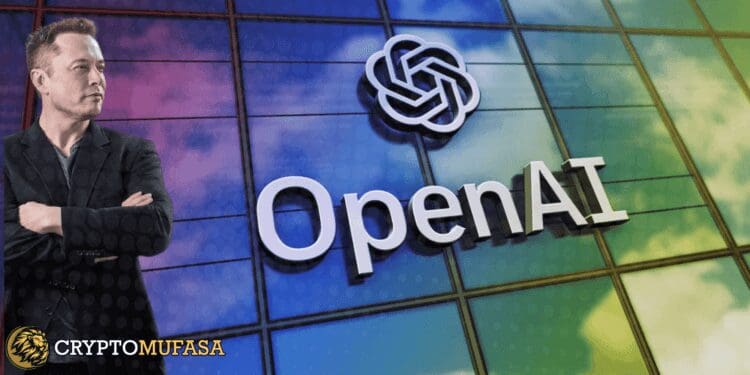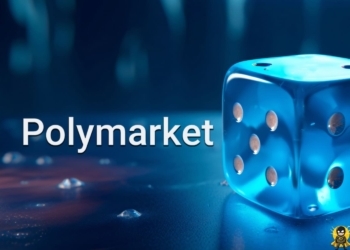In a significant legal development, OpenAI has filed a motion to dismiss the high-profile lawsuit brought by its co-founder, Elon Musk. Elon Musk’s lawsuit accuses OpenAI of breach of contract, fraud, and violations of racketeering laws under the RICO Act. In response, the AI firm faces a vigorous defense, asserting that Musk’s claims are baseless. OpenAI also argues that the lawsuit is part of a broader attempt to disrupt its ongoing success.
OpenAI Pushes Back on Musk’s Lawsuit
Filed in the U.S. District Court for the Northern District of California, OpenAI’s motion seeks to dismiss the wide-ranging claims made by Musk, who co-founded the organization in 2015. OpenAI responds to Elon Musk’s lawsuit, which stems from Musk’s allegations that OpenAI abandoned its original non-profit mission in favor of commercial ventures, including partnerships with companies like Microsoft. Musk contends that these actions violate an agreement to keep OpenAI’s technology open-sourced for the benefit of the public.
OpenAI’s response, however, paints a different picture. OpenAI responds to Elon Musk’s lawsuit by arguing that no such enforceable contract existed between Musk and the organization. According to OpenAI, the discussions Musk references were informal and never legally binding. The company’s attorneys assert that Musk’s accusations are speculative and unsupported by evidence.
Legal Standing: OpenAI Challenges the Breach of Contract Claim
One of the central points in OpenAI’s motion is the assertion that no formal contract was ever established. The AI firm contends that the “Founding Agreement” Musk claims to have existed was merely part of early-stage discussions regarding OpenAI’s mission and operational goals. According to OpenAI, these talks do not amount to legally enforceable promises.
The defense also highlights that Musk’s donations to OpenAI, which came a year after the alleged agreement, were not part of any quid pro quo arrangement. Without bargained-for consideration, OpenAI argues, there is no valid contract for Musk to enforce. The motion further emphasizes that Musk cannot point to any specific promise or commitment made by OpenAI that supports his claims.
Fraud and Racketeering Claims Labeled as Speculative
In addition to challenging the breach of contract claim, OpenAI rebuts Musk’s fraud and racketeering allegations. OpenAI responds to Elon Musk’s lawsuit by countering the accusations of engaging in self-dealing and misrepresentation. Musk had accused the company of engaging in self-dealing and misrepresentation, claiming that OpenAI executives had defrauded him by pursuing commercial deals that went against the organization’s original mission.
However, OpenAI’s motion counters these accusations, arguing that Musk’s claims lack the specific evidence to proceed in court. The defense characterizes Musk’s assertions as “implausible” and suggests that the lawsuit is an attempt to inflate the scope of the case without substantial factual support. The company insists that Musk’s fraud claims are based on conjecture rather than actual wrongdoing.
The Microsoft Deal: A Point of Contention
A key element of Musk’s lawsuit is the claim that OpenAI violated its commitment by partnering with for-profit entities, specifically pointing to its collaboration with Microsoft. Musk argues that this licensing agreement goes against the non-profit ideals OpenAI was founded on. He believes this move constitutes a breach of fiduciary duty.
In response, OpenAI explains that its shift to a hybrid for-profit and non-profit model is within its legal rights and follows its development strategy. The firm argues that Musk, as a donor, has no legal standing to challenge its decisions or dictate its direction. OpenAI also asserts that its partnership with Microsoft does not violate the terms Musk references, as those terms were never formally agreed upon.
Fiduciary Duty and Donor Rights: OpenAI Questions Musk’s Standing
A significant part of OpenAI’s motion to dismiss focuses on Musk’s standing as a plaintiff. The company contends that Musk lacks the legal authority to bring forward fiduciary duty claims as a donor. OpenAI, originally established as a non-profit entity in Delaware, asserts that donors like Musk do not hold a controlling interest in the company’s business decisions.
OpenAI’s attorneys argue that Musk’s contributions to the organization do not give him the right to challenge the board or executives’ decisions. Furthermore, the defense emphasizes that Musk does not hold any reversionary interest in the company’s assets, which would grant him a stake in OpenAI’s operational decisions.
The Court’s Next Steps
OpenAI’s motion to dismiss will be heard on November 12th by U.S. District Judge Yvonne Gonzalez Rogers. If the court rules in OpenAI’s favor, it could dismiss the lawsuit, potentially ending the case early. However, if the court denies the motion, the case will move to the discovery phase, requiring both sides to produce further evidence to support their claims.
Both parties have high stakes, and the lawsuit’s outcome could impact OpenAI and the broader tech industry. Musk continues to resist OpenAI’s shift toward a commercially driven organization. OpenAI responds to Elon Musk’s lawsuit, highlighting a deeper conflict over the future of AI development and balancing innovation with corporate influence.













Discussion about this post